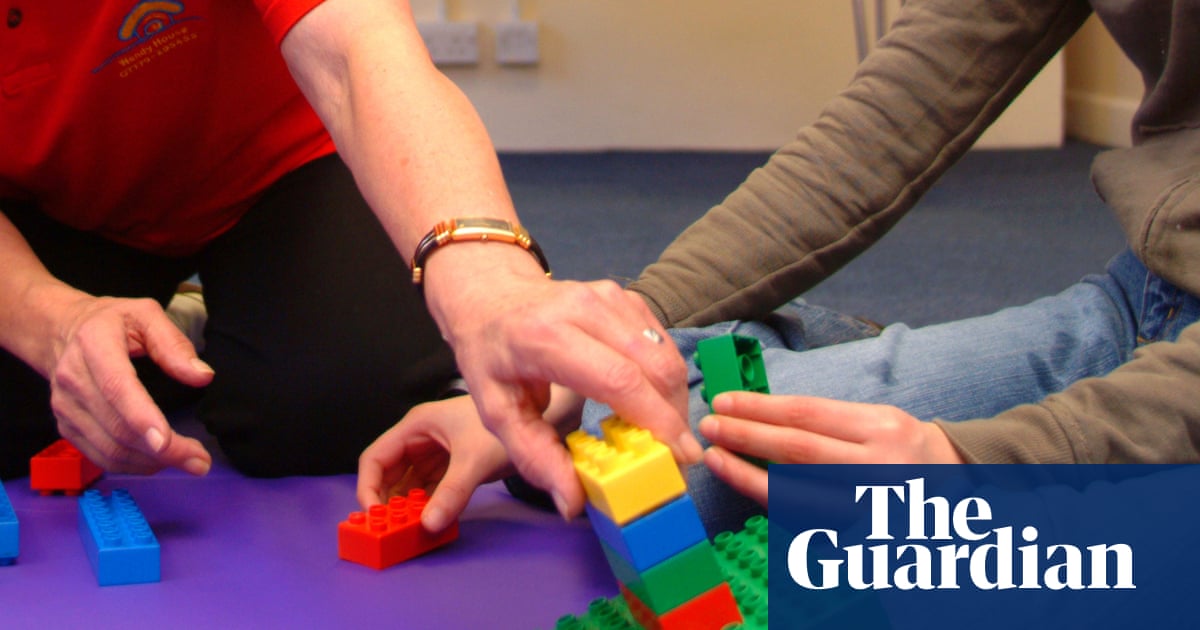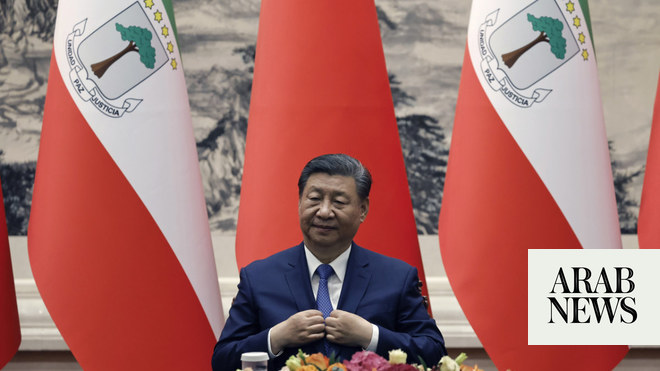
The children’s commissioner for England has called for an army of volunteers to help support children’s social care during the coronavirus crisis in an effort to stop the most vulnerable falling through the gaps and disappearing from view.
Just as doctors and nurses who left the NHS have responded to calls to return to work to help save lives, Anne Longfield would like to see retired social workers and a range of school, nursery and care staff who have been furloughed as a result of the crisis join forces to help keep at-risk children safe.
Her call comes amid widespread concern that many vulnerable children who were offered places at the slimmed-down, emergency schools which remain open to the children of key workers, have not turned up since the schools’ lockdown.
While schools and local authorities are working hard to keep in touch with pupils and their families, Longfield warned that existing resources were overstretched and called for a national plan for workers to sign up to support children’s social care.
“The system of support for the most vulnerable children has been under strain for some time,” said Longfield. “We know the numbers going into care have been going up … We know councils have been saying they need £3bn extra just to stand still.
“We can’t put that all right. It is where it is. But that just means there’s additional strains on a system that will find it difficult to respond at high speed under this kind of stress. Staffing that is already stretched will be even more stretched.”
The aim is to recruit about 200 volunteers in each local authority, creating an army of 30,000 in total – all of whom will already have the necessary DBS checks, and relevant experience in the education and children’s care sector.
Longfield said there were an estimated 1 million vulnerable children in England who were at risk of becoming invisible during the crisis. “Those might be children who have or have had a social worker in the past couple of years, in households which are not stable, where there are things like domestic violence, addiction to drugs and alcohol and severe mental health issues.
“That’s a lot of children, those who are on the edge of services which are going to be under ever greater pressure. School for them is a real protective factor. They get a couple of hot meals a day, they get that structure, that support and that will be lost.”
Longfield said there were many schools serving disadvantaged communities which already operated as high-functioning community centres and were in close contact with their vulnerable families. “But that will not be the same for every school. Not all schools have that engagement with the community or even see it as their role.”
Her hope was therefore “to get this army of people who are all DBS checked, all there for children and for families and actually be able to harness that locally around a school as a community hub to make sure they can reach out and get to families”.
Longfield went on: “I don’t want any child to be harmed because of coronavirus. I don’t want any child to go hungry because of coronavirus. I don’t think we can let children pay the price for this terrible health emergency.
“We have to step up and make the very bold moves that we’ve seen in terms of some of the employment and fiscal decisions over the last week, and actually put the kind of support in place for these children that makes sure that they’re safe and stable and get the support they need during this time.”
Judith Blake, chair of the Local Government Association’s children and young people board, said councils were working with schools, pupils and their families to encourage vulnerable children to attend school. “Understandably, many families are concerned for the health of their children and other family members if they attend school, so councils are working with them to provide reassurance,” she said.
The Department for Education said powers enabled by the Coronavirus Act would allow social workers who have recently left the profession to return to work, including those who have retired, without any negative repercussions to their pensions. Meanwhile, Social Work England has launched a drive to bring up to 8,000 former practitioners back into the profession to deal with the impact of Covid-19 on the workforce.
Children and families minister Vicky Ford said government had also given local authorities £1.6bn to help deal with coronavirus, including to spend on social care. “Social workers are supporting thousands of families and vulnerable children through these uncertain times and we need to ensure that there is a continuity of care,” she said.












